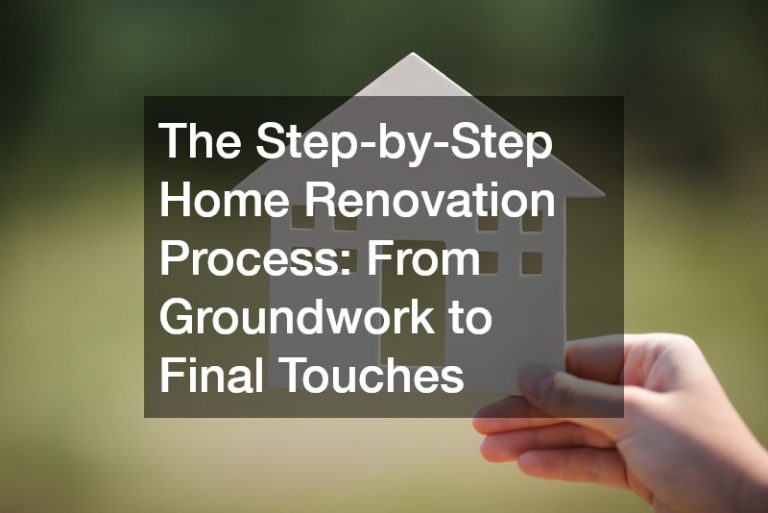In the modern world, family arrangements vary greatly. It has become typical to see separated parents successfully raising a child, and the expectations have shifted to enable it to be so. However, such an optimal scenario remains a constant effort. Raising children through separation requires a lot of work—work that will come from both parties.
Everybody understands the difficulty, but it’s a difficulty that comes with the territory. That’s why there has to be an effort, an active and conscious effort to make it work. Going through a parenting experience like this takes a different type of bravery and mental toughness. And in this article, you’re going to learn how you can make co-parenting work.
Talk to Your Lawyer About the Process
When you are ready, make sure to settle the divorce in court. That may seem like a step forward, but when you are in the middle of a messy divorce, you might want to see what kind of progress you can make. Often, you will have disagreements on certain provisions with your soon-to-be ex-spouse. If you are not successful in getting an agreement with your spouse, you have the option of going to court. This will require you to gather several documents and forms and the assistance of a family or divorce lawyer.
Furthermore, the judge might order you to meet with a family therapist or someone to help you work out an agreement. Some judges are open to the idea, but others are not. Ask your lawyer and your judge what you should expect from the process. They will be happy to help. You can get a family therapist in any state, and many states have free family therapists. You can check with your local support services to see if they have someone in your area who will help you work out an agreement.

Communicate Like Adults
If you can’t get back to being friends, be sure to have a cordial adult relationship instead, especially when communicating with each other. When your kids have moved out, you will need to talk to your ex-spouse about child support. Most of the time, you will receive a check in the mail from the state, which you should claim. If you are not receiving child support, your ex has likely failed to claim your share of his child support payments. When that happens, you’ll have to go to court.
If you and your ex can’t agree on how much your share is, you can follow state guidelines to decide. If you are a single parent, you’ll be able to use the income and resource guidelines set forth by the state. For couples, both parents are eligible to use those guidelines. If you and your ex agree on the amount, your lawyer can help you file a petition with the court for child support.
Seek Different Types of Parenting
Parallel parenting was developed to mitigate the difficult circumstances in divorces and help parents minimize the impact of divorce on their children. The parents must be legally divorced to qualify for parallel parenting. Another alternative to co-parenting is solo parenting. In solo parenting, a parent can stay home and work a full-time job rather than spend most of their time with their child. It is a more practical alternative for parents with well-paying jobs who can afford childcare.
Arrange the Custody Agreements
When you deny your child access to the other parent for too long, the damage can be permanent. Child abuse is also likely to occur when one parent makes every effort to prevent the other parent from seeing the children. In that situation, outside parties might see the parent in control of the child’s access as abusing the child. A custody battle between two parents is emotionally devastating for the children involved. It can also be emotionally draining and financially costly. Custody cases usually involve complex issues. The legal custody battle is often more traumatizing to deal with than the divorce itself for a child. In many ways, it can be worse. The legal battle usually lasts longer. The legal language used can be more confusing and scary to a child than the divorce. Custody battles can take place after a child has been separated from one parent for some time.
As with any other relationship, the key is to find a balance of responsibility and autonomy and a good understanding of the other person’s motivations and needs. Through responsible communication and following the legal agreements, both parents will be able to make it work.







